Technology is increasingly present in the learning process. In recent international reports analyzing the main trends of technology integration in the educational context, robotics is indicated as one of the new technologies with the greatest potential for application in teaching and as a didactic tool. The purpose of this study is to find out whether the use of notebooks in robotics in the process of teaching elementary school children, increases students’ cognitive activity, motivation, in relation to the content of learning, whether it contributes to a better learning of the material. The study was conducted in the subject of Robotics with 108 students, school education, 8-9 year old children, and used a quasi-experimental design based on two natural groups grouped into a control group and an experimental group. The only difference between the two groups was that the experimental group used robotics with traditional methods, while the control group used only practice in the form of design. The results showed that the use of robotics with traditional methods in school education classes increased students’ motivation, learnability and positive communicative socio-emotional relationships. The results indicate the need to improve teacher training in this method in order to maximize their use in the teaching process.
Key words: pedagogy, education, robotics, engineering, learning process, cognitive activity, workbooks, development.

